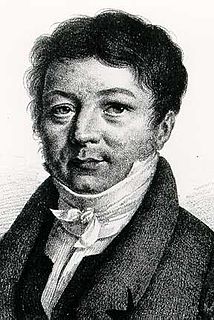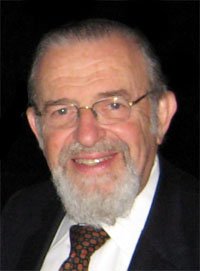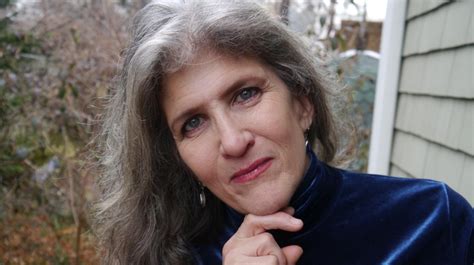A Quote by Friedrich August von Hayek
I can have little patience with those who oppose ... the theory of evolution or what are called "mechanistic" explanations of the phenomena of life because of certain moral consequences which at first seem to follow from these theories, and still less with those who regard it as irrelevant or impious to ask certain questions at all. By refusing to face the facts , the conservative only weakens his own position.
Related Quotes
Our alleged facts might be true in all kinds of ways without contradicting any truth already known. I will dwell now on only one possible line of explanation, - not that I see any way of elucidating all the new phenomena I regard as genuine, but because it seems probable I may shed a light on some of those phenomena. All the phenomena of the universe are presumably in some way continuous; and certain facts, plucked as it were from the very heart of nature, are likely to be of use in our gradual discovery of facts which lie deeper still.
I know that certain minds would regard as audacious the idea of relating the laws which preside over the play of our organs to those laws which govern inanimate bodies; but, although novel, this truth is none the less incontestable. To hold that the phenomena of life are entirely distinct from the general phenomena of nature is to commit a grave error, it is to oppose the continued progress of science.
Is evolution a theory, a system, or a hypothesis? It is much more it is a general postulate to which all theories, all hypotheses, all systems must henceforward bow and which they must satisfy in order to be thinkable and true. Evolution is a light which illuminates all facts, a trajectory which all lines of thought must follow this is what evolution is.
The skeptic says that the believer has lost his own mind under God. On the contrary, it is the people who follow God who are most like his children, who willingly and consciously walk in his will; but those who oppose him oppose him vainly and at their own expense, and, figuratively, seem to be more like his tools. They don't diminish his glory, but instead he still manages to use them in ways of unconsciously carrying out his will.
Progress is achieved by exchanging our theories for new ones which go further than the old, until we find one based on a larger number of facts. ... Theories are only hypotheses, verified by more or less numerous facts. Those verified by the most facts are the best, but even then they are never final, never to be absolutely believed.
Facts matter not at all. Perception is everything. It's certainty. People love the president because he's certain of his choices as a leader, even if the facts that back him up don't seem to exist. It's the fact that he's certain that is very appealing to a certain section of the country. I really feel a dichotomy in the American populace. What is important? What you want to be true, or what is true?
We have moved into an era where we are called upon to raise certain basic questions about the whole society. We are still called upon to give aid to the beggar who finds himself in misery and agony on life's highway. But one day, we must ask the question of whether an edifice which produces beggars must not be restructured and refurbished.
In thermodynamics as well as in other branches of molecular physics , the laws of phenomena have to a certain extent been anticipated, and their investigation facilitated, by the aid of hypotheses as to occult molecular structures and motions with which such phenomena are assumed to be connected. The hypothesis which has answered that purpose in the case of thermodynamics, is called that of "molecular vortices," or otherwise, the "centrifugal theory of elasticity.
Yanagihara's most impressive trick is the way she glides from scenes filled with those terrifying hyenas to moments of epiphany. 'Wasn't it a miracle to have survived the unsurvivable? Wasn't friendship its own miracle, the finding of another person who made the entire lonely world seem somehow less lonely? Wasn't this house, this beauty, this comfort, this life a miracle?' A Little Life devotes itself to answering those questions, and is, in its own dark way, a miracle.




































